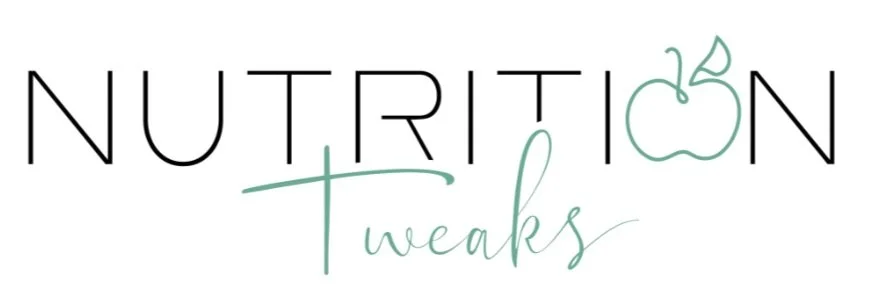What Type Of PCOS Do You Really Have?
If you’ve spent any time on Instagram or TikTok, you’ve probably come across people talking about the “types of PCOS.” The internet is full of posts dividing PCOS into categories like insulin resistant, adrenal, inflammatory, or even post-pill.
But here’s the truth: those aren’t actually recognised medical types of PCOS.
Yes, insulin resistance is very common in PCOS. Yes, inflammation can play a role. Yes, your adrenal glands do produce testosterone. And yes, some people notice PCOS-like symptoms after coming off the pill. But none of these are considered official PCOS types in medical research.
They’re better thought of as characteristics or drivers of symptoms—not strict categories. And since many people with PCOS experience more than one of these issues at the same time, boxing them into neat little “types” just doesn’t reflect reality.
So, if those aren’t the official types… what are the real ones?
How PCOS is Classified
In the UK, the NHS defines PCOS as a condition that affects how the ovaries work. To be diagnosed, you usually need two out of three main features: irregular or absent periods, higher than normal levels of androgens (hormones that can trigger acne or excess hair growth), and polycystic ovaries visible on an ultrasound scan.
Because people with PCOS often present very differently, researchers introduced a more structured way of grouping the condition. In 2012, the National Institutes of Health (NIH) created four “phenotypes”—essentially, four patterns of PCOS—based on hormones, cycle regularity, and ovarian appearance.
The Four “Real” Types of PCOS
Type A – Classic PCOS
This is the most common form, where androgens are raised, periods are irregular or absent, and polycystic ovaries are present. It’s also the type most often linked with metabolic concerns such as insulin resistance, higher cholesterol, and a greater long-term risk of diabetes and cardiovascular issues.
Type B
Here, androgens are raised and cycles are irregular, but the ovaries don’t show the classic “polycystic” look on scan. Symptoms such as acne and unwanted hair growth are often more obvious than ovarian changes.
Type C
This group has raised androgens and polycystic ovaries, but cycles may remain regular. Outward symptoms like oily skin, acne, or scalp changes are often more prominent.
Type D
The least common type, where cycles are irregular and ovaries look polycystic, but androgen levels are within the normal range. People in this group may not have acne or excess hair growth, but fertility can still be affected.
Why These Types Matter
These categories aren’t about giving you another label—they help explain why PCOS looks so different from one person to the next. One woman may struggle mainly with irregular cycles, another with acne and excess hair, and another with insulin resistance and weight management.
Understanding your pattern means treatment can be tailored: restoring ovulation if fertility is the priority, balancing blood sugar if insulin resistance is present, or focusing on skin and hair support when androgens are the main driver.
Beyond the Labels
No matter which type you fall into, the building blocks of PCOS management remain consistent: eating balanced meals that support blood sugar control, keeping active, sleeping well, and managing stress. These not only improve day-to-day symptoms but also help reduce long-term risks such as type 2 diabetes and heart disease.
And while PCOS is often discussed in the context of fertility, many women are seeking support for energy, mood, digestion, or skin health. A holistic approach looks beyond fertility and focuses on overall wellbeing.
Final Thoughts
Social media may talk about adrenal, post-pill, or inflammatory PCOS, but these aren’t recognised in research. The four NIH phenotypes provide a clearer picture, yet your symptoms, health history, and goals matter far more than which box you fit into.
If you’d like personalised support from a UK-based dietitian specialising in PCOS, I help women untangle their symptoms and build practical nutrition strategies that work in real life. PCOS may be complex, but with the right approach, it’s absolutely manageable. Click here to book in for a free discovery call, where we will discuss what you’re struggling with the most, and how a tailored approach can help you to feel your best.
